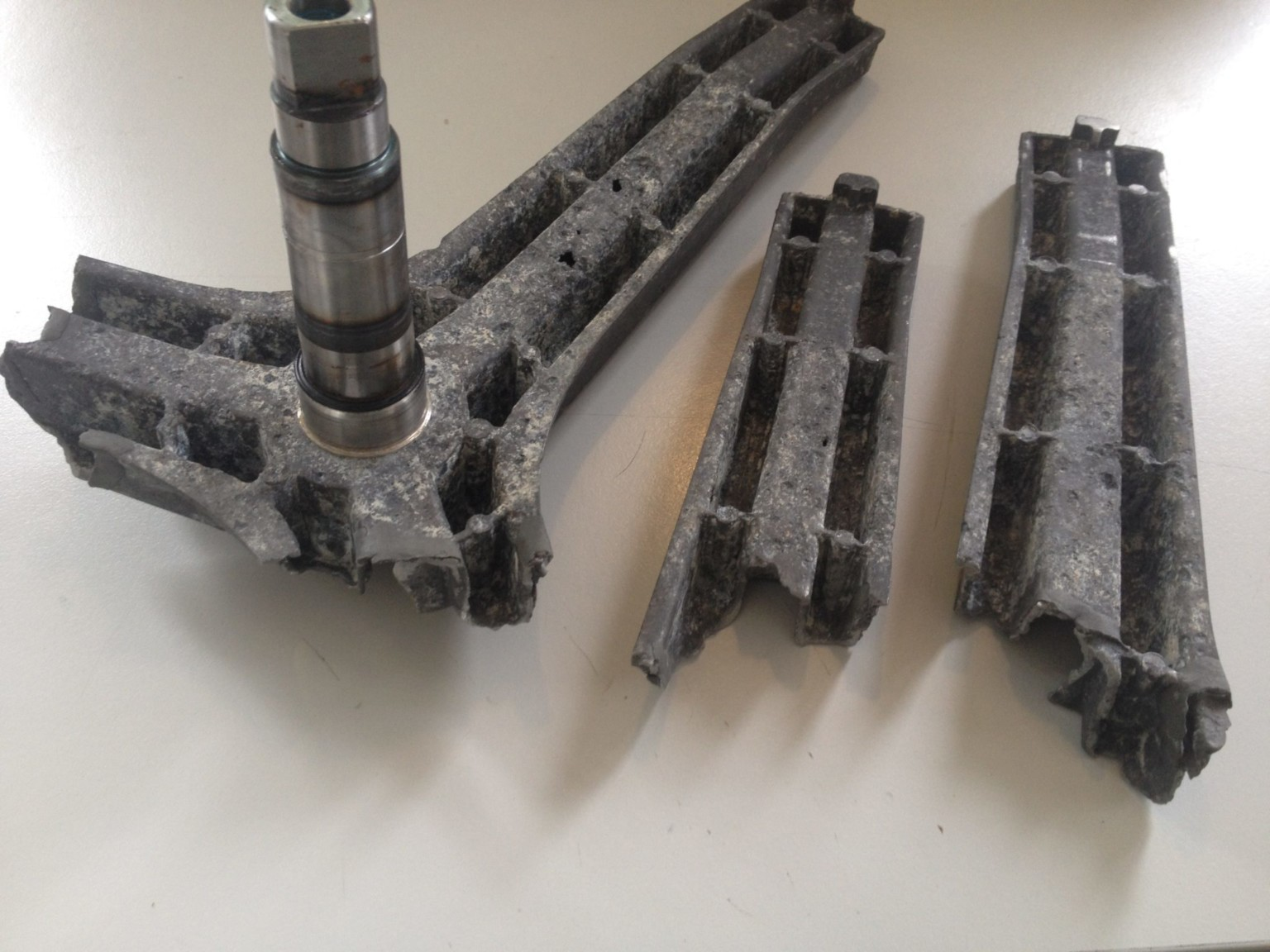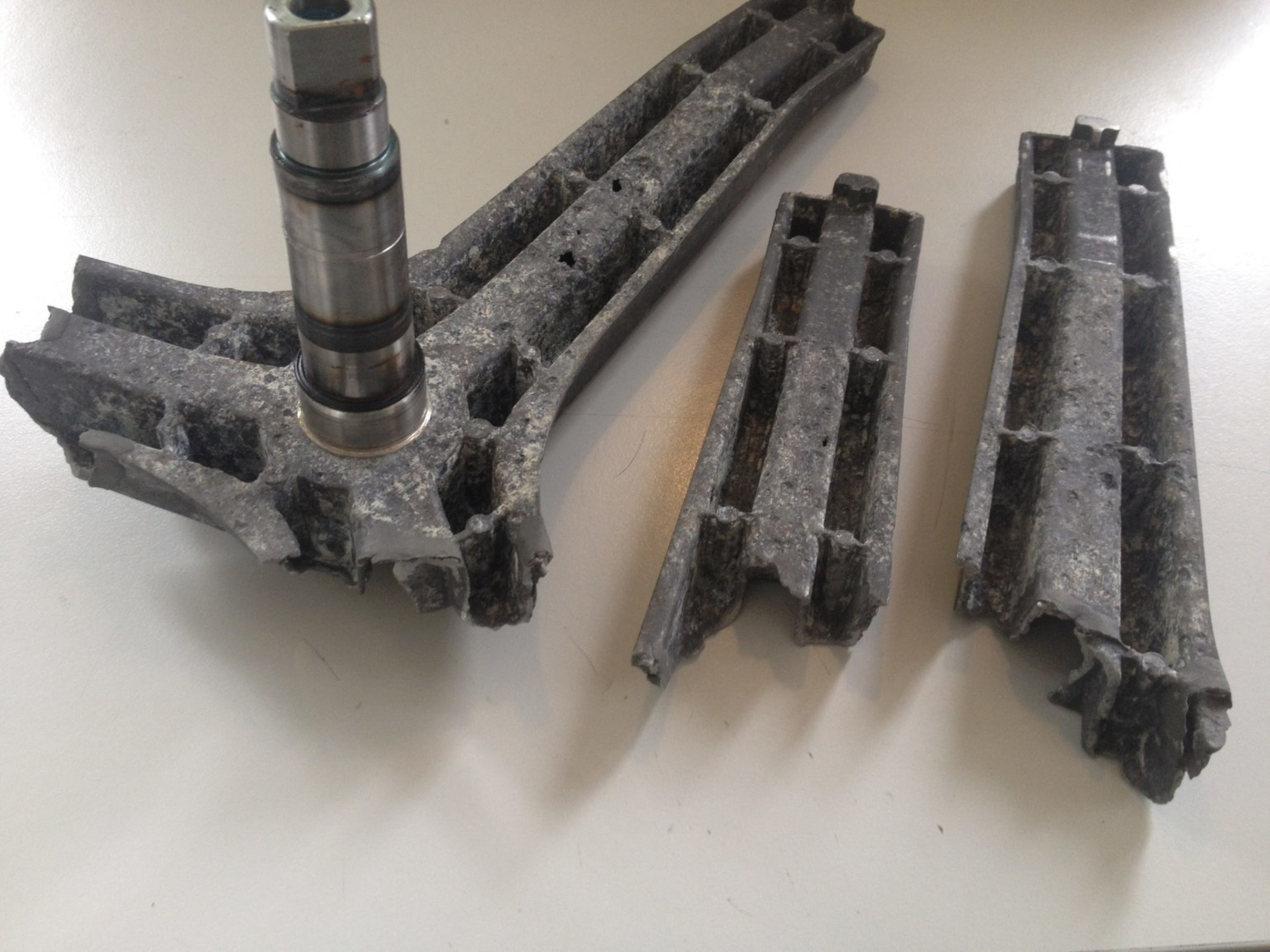

[Though other people investigating the url seem to be pretty sure the images don’t have a per user url, so this theory probably doesn’t hold]
…yet.


[Though other people investigating the url seem to be pretty sure the images don’t have a per user url, so this theory probably doesn’t hold]
…yet.


If they send an image with a unique URL to each Lemmy user, they could link the IP to your account.
And to paraphrase Michael Bolton from Office Space, why should we be the ones who have to move? The corporations are the ones who suck!


I think it’s basically just bittorrent.


And DON’T FUCK WITH NATURAL GAS! Let the professionals do it. I guy near Detroit killed his entire family last year swapping out a hot water heater himself. He survived. The house was no longer there.
Or, ya know, be competent at it. I’ve swapped out a gas water heater, gas range, and gas clothes dryer, all of which have been in service for years now, and haven’t blown up yet.
(That said, at this point I would recommend transitioning away from natural gas if you can, by installing heat pump or induction electric appliances instead. Better indoor air quality, better efficiency/sustainability, enabling the possibility of completely eliminating a gas bill including the fixed base charge for pipe maintenance, enabling the possibility of eventually running the whole house on solar, etc.)


I suspect that for every ADHD person like Kevin, there are a dozen struggling because they can’t find the right job (probably not least because the act of job-hunting is itself terrible for people with ADHD).


Ironically, the cheapest machines are less likely to be annoying in the way OP describes because they have less fancy electronics (or might even still be electromechanical if it’s an old design, but probably not because PCBs and microcontrollers are even cheaper nowadays).
Even expensive machines aren’t necessarily higher-quality these days, unless you’re really careful to do your research and buy the right brand. For example, I would not actually expect an expensive Maytag to last longer than a cheap Amana because both brands are owned by Whirlpool and might very well share a bunch of the same internal parts. The Maytag would be fancier and prettier, but probably not actually better-made.


Samsung front loader washing machine here.
Had it for 10 years now, no mechanical or electrical issues.
Good luck. This is probably in your imminent future:

That’s called the “spider arm,” and is the only part in the entire machine that’s exposed to water but made of non-corrosion-resistant metal. It is very obviously designed that way for planned obsolescence.
If your machine starts making a loud thunk and the drum stops turning, that’s the part you need to replace.


If you miss this sound, it will lock itself again 10-15 minutes later and rotate your clothes.
LOL, WTF. That machine is too “helpful” for its own good.
My previous washing machine, a Samsung front-loader, did not operate in an annoying way but was much more of an asshole by the fact that it was designed with blatant planned obsolescence. Shortly out of warranty, it failed catastrophically and I decided to take it apart to figure out why. Every metal part inside was in pristine condition, including all the ones exposed to water, except one. The “spider arm,” which was what connected the rotating drum to its bearing, was so severely corroded that it literally broke into pieces:

(Note: not my picture, but mine looked the same.)
Samsung 100% used a corrosion-prone metal on that part on purpose.
Unfortunately, I had already replaced the machine at that point and I didn’t take particular care when disassembling, so I wasn’t prepared to replace the spider arm and scrapped it instead. At least I’ve still got the drive motor to use for some project, eventually. I sure as Hell won’t buy a Samsung again, though!
(In fact, considering the DRM on their phones, ads on their smart TVs, and other enshittification of the rest of their products, I will never buy anything from Samsung ever again in my life, and I recommend that nobody else does either.)
My current washing machine is a Bosch front-loader that I bought used for very cheap. No idea how old it is in total, but I think I’ve probably had it for longer than the Samsung at this point and it has continued to work without problems.


Knitting is a form of computing and computing is women’s work. So yeah, super gay, just like all the other programmers. /s


Or you won’t be able to find your shoes, panic because you’re running late, and forget about the thing you needed because of said panic.
Ask a small home owner, or car owner, why they are against climate change measures. They will point out that their life would need to change, and that’s why.
It’s perhaps a little tangential to the “merits of capitalism” topic, but it’s worth noting that the circumstances that caused such a large percentage of the U.S. population to own single-family houses or cars – the Suburban Experiment – is substantially the result of deliberate policy choices by the Federal government starting around the 1930s:
Euclid v. Ambler established the legality of single-use zoning, which enabled the advent of single-family house subdivisions that outlawed having things like front yard businesses, destroying walkability.
The Federal Housing Administration was created, which not only published development guidelines that embodied the modernist1 city planning ideas popular at the time (they literally had e.g. diagrams showing side-by-side plan views of traditional main-street-style shops and shopping centers with parking lots, with the former labeled “bad” and the latter labeled “good”), but also enforced them by making compliance with those guidelines part2 of the underwriting criteria for government-backed loans.
The Federal government passed massive subsidies for building highways, while comparatively neglecting the railroads and metro transit systems.
Of course, that isn’t to say that there wasn’t corporate influence shaping those policies! From the General Motors streetcar conspiracy to the General Motors Futurama exhibit at the 1939 New York World’s Fair, it’s obvious that the automotive industry had a huge impact. It’s less obvious – or perhaps I should say, less “provable” – that said influence was corrupt (in terms of, say, bribing politicians to implement policies the public didn’t otherwise actually want) rather than merely reflective of the prevailing public sentiment of the times, but I don’t disbelieve it either.
TL;DR: I’m not necessarily taking a position on whether it was proverbial “big government” or “big business” to blame for America’s car dependency, but I am saying that it’s definitely incorrect to characterize it as merely the emergent result of individual choices by members of the public. Those individual choices were made subject to circumstances that both government and business had huge amounts of power over, and that fact cannot be ignored.
1 For more info on “modernist city planning” read up on stuff like the Garden City movement started by Ebenezer Howard, Le Corbusier’s Ville Radieuse, and Frank Lloyd Wright’s Broadacre City. In fact, I remember reading somewhere that Wright himself helped write those FHA guidelines, but I can’t find the reference anymore. : (
2 It would be irresponsible not to point out that redlining and racial segregation were massively important factors in all this, too. However, this comment is intended to focus on the change in urban form itself, so hopefully folks won’t get too upset that I’m limiting it to this footnote.
Email has been “dying” for 20+ years. I’ll believe it when I see it.